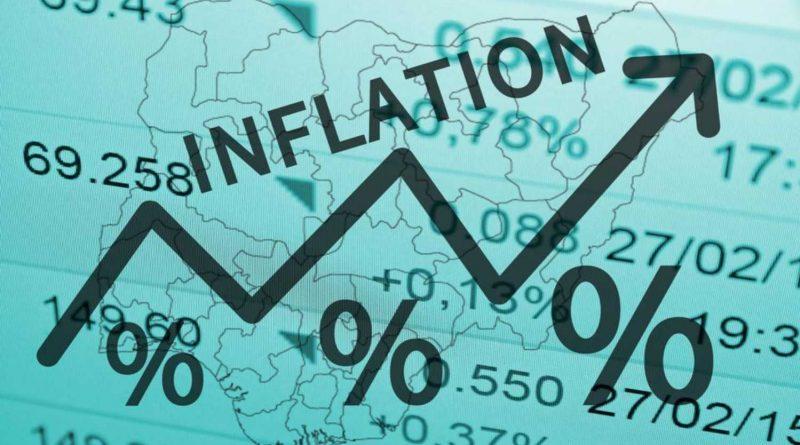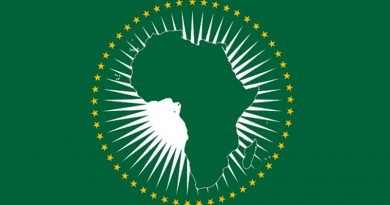Nigeria’s headline inflation surged to 31.70% in February 2024
The CPI and Inflation report from the National Bureau of Statistics (NBS) reveals that headline inflation in February 2024 increased to 31.70% from the previous month’s 29.90%, indicating a 1.80% points rise. On a year-on-year basis, headline inflation rose by 9.79% points compared to February 2023’s rate of 21.91%.
Urban inflation experienced a significant surge, reaching 33.66%, with a year-on-year increase of 10.87% points and a month-on-month increase of 0.45% points. Similarly, rural inflation rose to 29.99%, showing an 8.89% points increase compared to February 2023’s rate of 21.10%, and a month-on-month increase of 0.50% points from January 2024’s rate of 28.1%.
Furthermore, the food inflation rate rose to 37.92% on a year-on-year basis, which was 13.57% points higher than the rate recorded in February 2023 (24.35%). This upward trend in inflation implies that individuals now require more money to purchase the same basket of goods and services, thereby negatively impacting the standard of living.
Nigeria’s inflation rate is primarily influenced by various factors, including the depreciation of the Naira, disruptions in the food supply chain, insecurity, increased transportation costs, and low agricultural productivity. Consequently, it is imperative for the government to promptly address these inflationary pressures. This should involve tackling issues that disrupt food supply, such as insecurity, flooding, and transportation costs.
Additionally, supporting domestic firms to enhance local production and reduce reliance on imports is crucial in mitigating inflationary pressure. Furthermore, it is essential for the Central Bank of Nigeria (CBN) and fiscal authorities to coordinate monetary and fiscal policies effectively. Otherwise, any increase in the Monetary Policy Rate (MPR) by the monetary authorities would have limited impact on inflation.




